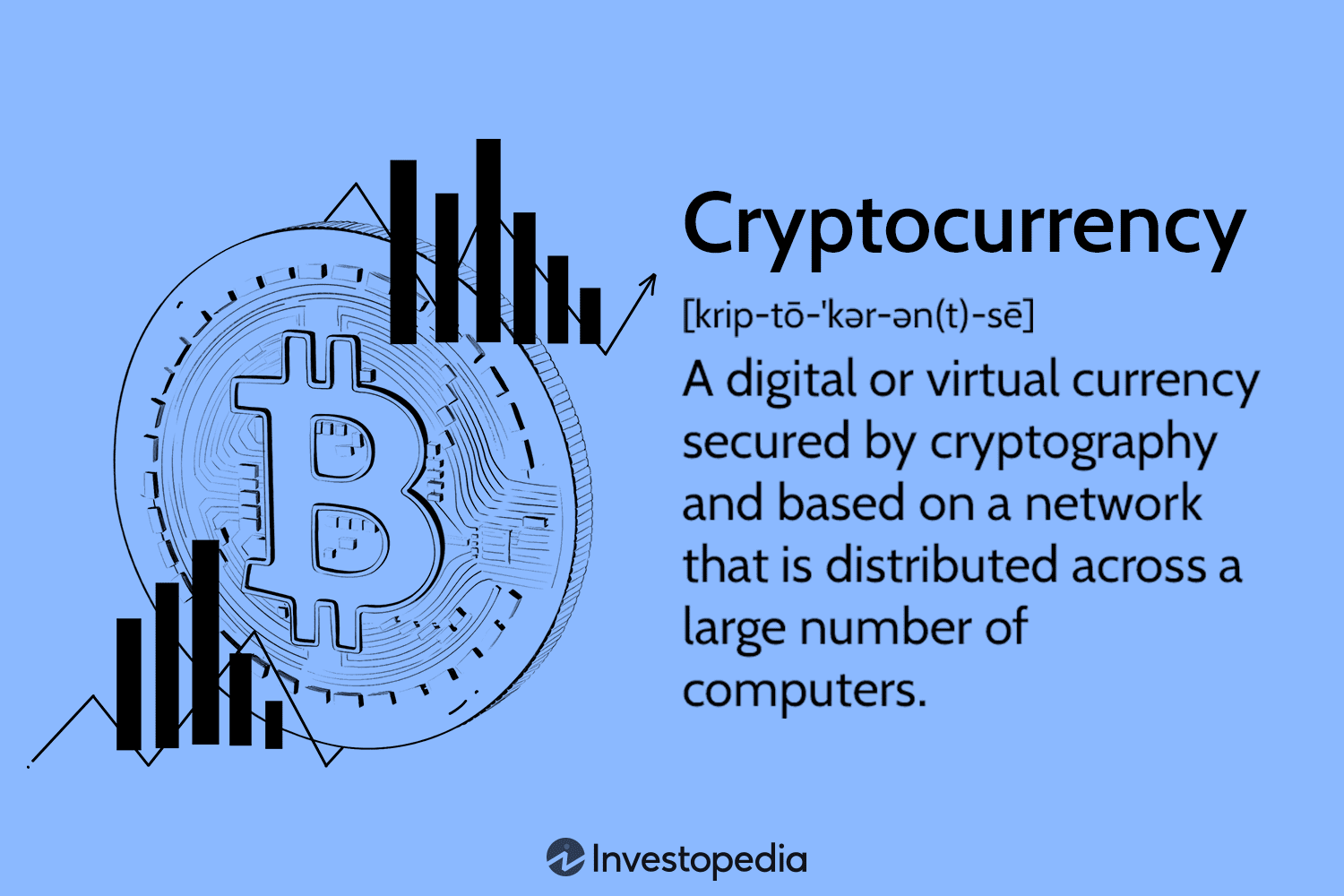The Role of Cryptocurrency in the Modern Economy and Digital Future
Published: 20 Sep 2025
Introduction
In the last decade, cryptocurrency has transformed from a niche digital experiment into a global financial revolution. What began with Bitcoin in 2009 is now a trillion-dollar industry influencing banking, investments, e-commerce, international trade, and technology. The importance of cryptocurrency in the modern era lies not only in its role as a digital currency but also in its ability to reshape traditional systems of finance, governance, and even societal structures.
As blockchain technology advances and global adoption grows, understanding the impact of cryptocurrency on modern society has become essential for businesses, governments, investors, and individuals alike.

What is Cryptocurrency?
Cryptocurrency is a digital or virtual currency secured by cryptography, which makes it almost impossible to counterfeit or double-spend. Unlike traditional fiat money controlled by governments and central banks, cryptocurrencies are decentralized and often based on blockchain technology—a distributed ledger maintained across a network of computers.
👉 You may also like: Best Degrees in Artificial Intelligence & Data Science
Why Cryptocurrency is Important in the Modern Era
1. Financial Inclusion
One of the most significant advantages of cryptocurrency is that it provides banking access to the unbanked population. According to the World Bank Report, nearly 1.4 billion people worldwide do not have access to traditional banking services. With just a smartphone and internet connection, anyone can send, receive, and store money through cryptocurrency wallets.
2. Lower Transaction Costs
Traditional international transactions involve high fees, delays, and intermediaries like banks. Cryptocurrency transactions are faster and cheaper, especially for cross-border payments, making it a preferred method for freelancers, global businesses, and international remittances.
👉 Related: Work While You Study in the USA: Jobs & Rules
3. Decentralization and Financial Freedom
Unlike fiat currency, which is controlled by governments and central banks, cryptocurrencies are not tied to any single entity. This decentralization provides financial independence and protects individuals from inflation, currency devaluation, or political instability.
4. Blockchain Security and Transparency
Blockchain technology ensures that all cryptocurrency transactions are transparent, immutable, and secure. This reduces the risk of fraud, corruption, and manipulation, making it highly reliable for modern businesses.
👉 Learn more: What is the #1 University in America?
5. Cryptocurrency as an Investment
Digital currencies like Bitcoin, Ethereum, and Solana have emerged as valuable investment assets. Many investors consider them as “digital gold” due to their scarcity and long-term value potential.

Cryptocurrency vs Traditional Currency
| Feature | Cryptocurrency | Traditional Currency |
|---|---|---|
| Control | Decentralized, no authority | Controlled by central banks |
| Transparency | Public blockchain ledger | Limited transparency |
| Transaction Speed | Seconds to minutes | Hours to days |
| Fees | Low (sometimes negligible) | High, especially cross-border |
| Accessibility | Anyone with internet | Requires bank account |
| Inflation | Limited supply (e.g., BTC) | Subject to inflation |
Challenges of Cryptocurrency in the Modern Era
While cryptocurrency has many benefits, it also faces challenges:
- Volatility – Crypto prices can fluctuate drastically (see Bitcoin Price History).
- Regulation – Governments worldwide are still debating legal frameworks.
- Security Risks – Although blockchain is secure, crypto exchanges and wallets can be hacked.
- Scams and Fraud – Many Ponzi schemes and fake ICOs target inexperienced users.
- Adoption Barriers – Lack of awareness and technical knowledge prevents widespread use.
👉 Also read: Affordable Online PhD Programs in USA for International Students

The Future of Cryptocurrency in the Modern Era
Experts predict that cryptocurrencies will become an integral part of the global financial system. Governments are exploring Central Bank Digital Currencies (CBDCs), while businesses are investing in blockchain solutions.
Future trends include:
- Wider adoption of crypto payments in e-commerce
- Integration of NFTs (Non-Fungible Tokens) in gaming and art
- Growth of DeFi and Web3 applications
- Enhanced regulation for investor protection
- Use of blockchain in supply chain, healthcare, and governance
FAQs About Cryptocurrency
1. Why is cryptocurrency important today?
Cryptocurrency is important because it provides financial freedom, faster transactions, global accessibility, and investment opportunities in a digital economy.
2. Is cryptocurrency the future of money?
Many experts believe cryptocurrency or blockchain-based digital currencies will play a key role in the future of money.
3. Can cryptocurrency replace banks?
While not a complete replacement, cryptocurrencies and DeFi platforms challenge traditional banks by offering alternatives for payments, loans, and investments.
4. Is cryptocurrency safe?
Cryptocurrency is secure on blockchain, but risks exist with exchanges, wallets, and scams. Users must use trusted platforms and wallets for safety.
5. Which cryptocurrency is the most important?
Bitcoin remains the most important cryptocurrency due to its first-mover advantage, market dominance, and role as digital gold. However, Ethereum is also critical due to smart contracts and decentralized apps.
Conclusion
The importance of cryptocurrency in the modern era extends far beyond digital payments. It has redefined finance, investment, technology, and global trade, offering people greater financial freedom and opportunities. While challenges like volatility and regulation remain, the growing adoption of cryptocurrencies signals a new era of digital finance.

- Be Respectful
- Stay Relevant
- Stay Positive
- True Feedback
- Encourage Discussion
- Avoid Spamming
- No Fake News
- Don't Copy-Paste
- No Personal Attacks

- Be Respectful
- Stay Relevant
- Stay Positive
- True Feedback
- Encourage Discussion
- Avoid Spamming
- No Fake News
- Don't Copy-Paste
- No Personal Attacks




